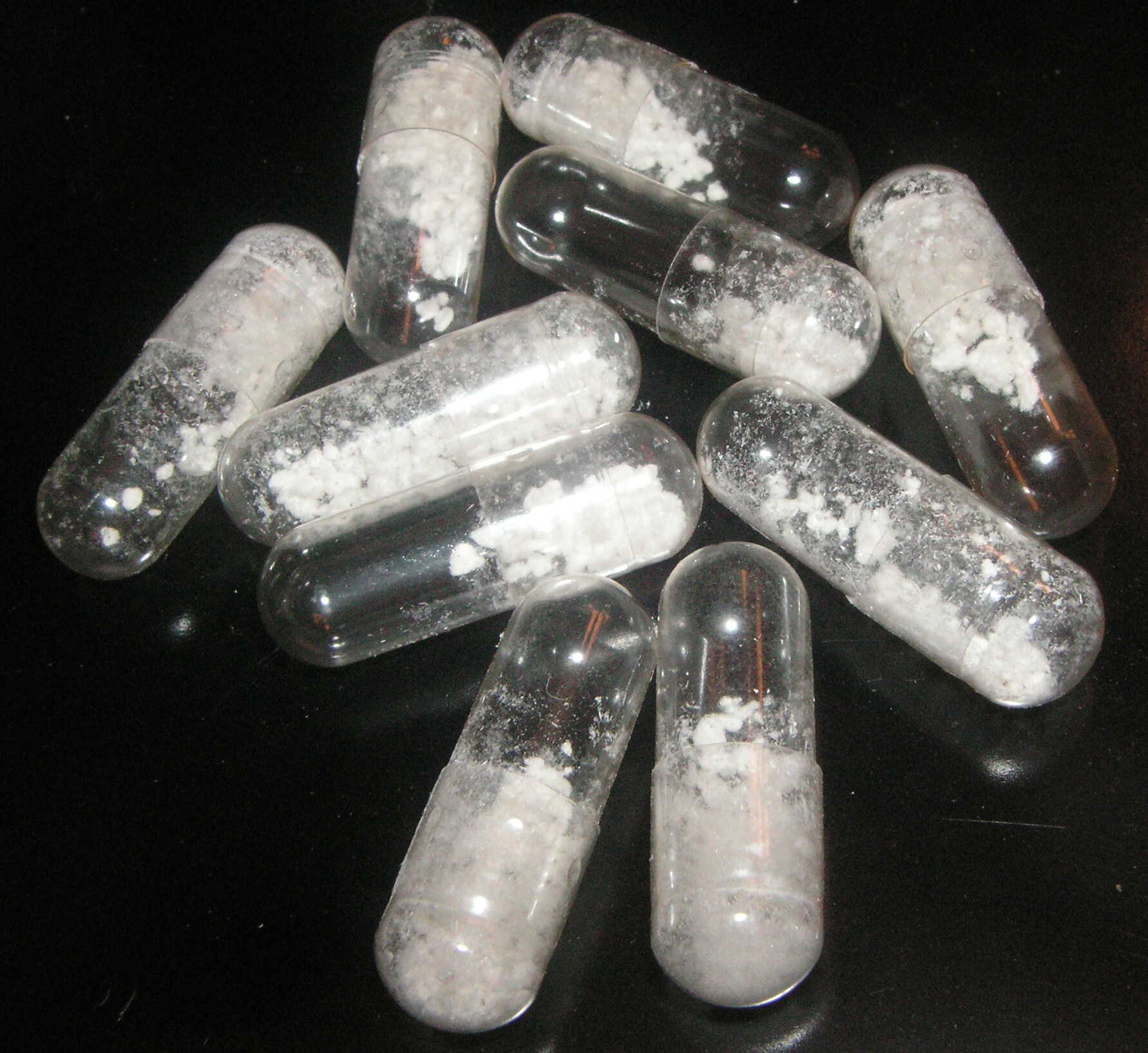Due to the impact of the "poison capsule" incident, the market structure of China's medicinal empty capsules has accelerated restructuring. However, from the overall point of view, most enterprises in the capsule industry still have the stage characteristics of individual dispersion, small production scale and inconsistent product standards. Therefore, the capsule industry presents a prominent contradiction between structural supply and demand, and the competition in the low-end products market is fierce; the industry differentiation is becoming more and more obvious, and the industrial concentration still needs to be improved.
China's pharmaceutical capsule manufacturers are in a state of grouping, and the products of workshop-style enterprises are concentrated in the low-end market. These enterprises rely on low-cost competition strategies for production and sales; automation enterprises rely on their own scale advantages and brand advantages to compete in the high-end market. There are structural supply and demand contradictions in the industry as a whole: on the one hand, the supply of low-end pharmaceutical empty capsules is relatively abundant. Under the cost pressure brought by low-price competition, Enterprises reduce investment in quality management systems, causing hidden dangers to the safety and stability of pharmaceutical production and distribution systems; on the other hand, with the improvement of the public's living standards, the residents' health awareness is enhanced, the consumption concept changes, the consumption of health care products is improved, and the demand for medicinal empty capsules in the field of health care products is increasing year by year. Maintaining a 10% to 15% share of the demand for the empty capsule industry, the supply of high-quality medicinal empty capsules is obviously insufficient, and the price increases.

In fact, the Chinese pharmaceutical empty capsule industry is showing a differentiation trend. Enterprises with large production scale and strong marketing strength in the industry occupy the high-end market and have obtained most of the profits of the industry. According to statistics, the total installed capacity of 32 members of the China Pharmaceutical Packaging Association empty Capsule Professional Committee is about 320 production lines, with an annual production capacity of about 120 billion, accounting for about two-thirds of the total production capacity of the industry. Up to now, there are 130 capsule manufacturers approved in China, so at least 100 companies compete in the low-end products market, and the industry's production capacity is partially over-supplied. Most of the company's profits are further diluted.
According to the data of China Daily Chemicals Association Gelatin Branch, from January to November this year, China's gelatin production is about 41,000 to 43,000 tons, mainly including bone gelatin and skin gelatin. Among them, the output of bone gelatin is about 20,000 tons, and the output of skin gelatin is about 21,000 to 22,000 tons. About 50% to 55% of bone gelatin is medicinal gelatin, and about 10% of skin gelatin is medicinal gelatin. On the whole, medicinal gelatin accounts for about 30% of the total gelatin production, so the output of medicinal gelatin is about 12,000 tons. Assuming that the structure of the medicinal empty capsule product is unchanged, each ton of gelatin can produce 10 million to 12 million medicinal empty capsules. From this, it can be inferred that the annual output of Chinese medicinal empty capsules is about 120 billion to 144 billion. At the same time, the data of the China Pharmaceutical Packaging Association empty Capsule Professional Committee shows that the total output of the top four companies in terms of production scale and sales amount is about 50% of the industry's output, while the sum of the output of the world's top five capsule manufacturers accounts for more than 70% of the industry's output. Therefore, China's high-quality medicinal empty capsule industry still has a large integration space.
In the future, with the transformation and upgrading of the pharmaceutical industry and structural adjustment, the national drug regulatory authorities will further improve the pharmaceutical excipient management system, and the standardized, specialized and large-scale pharmaceutical empty capsule enterprises will occupy the dominant position. In addition, due to the dietary preferences from consumers and the special needs of modern pharmaceutical research and development, the development of new medicinal empty capsules such as plant capsules and other non-animal capsules will continue to accelerate.


